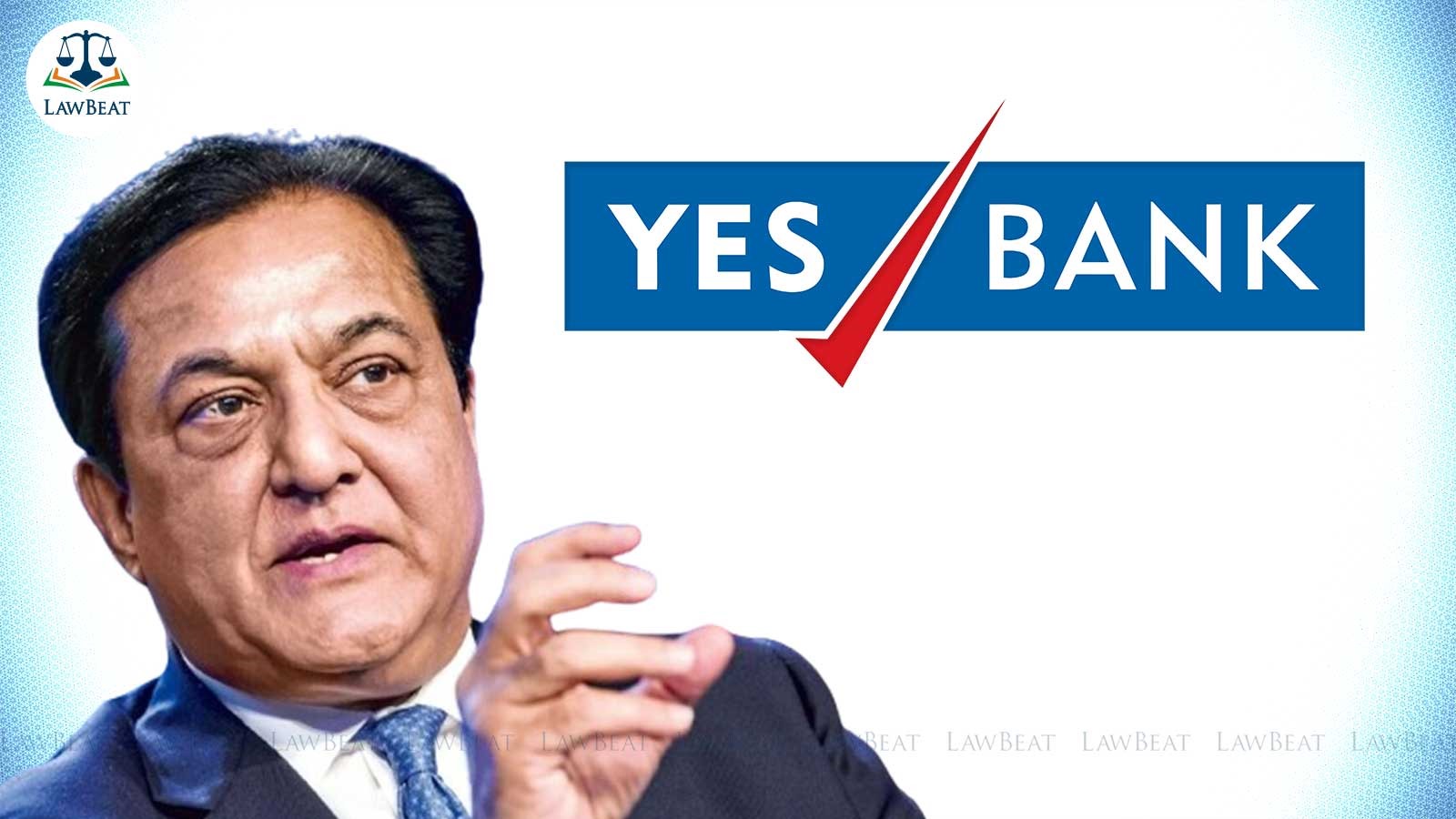Delhi Court Temporarily Restrains Release Of ‘Yes Man: The Untold Story of Rana Kapoor’

The court emphasized, “It takes long years to build a reputation for a person/institution but it just takes a moment to spoil it”.
The Delhi Court, recently, issued a temporary restraint on the release of a book titled ‘Yes Man: The Untold Story of Rana Kapoor’, pending further adjudication. The court made this decision following an application by the Founder of Yes Bank Rana Kapoor seeking a declaration as well as a permanent and mandatory injunction.
District Judge Naresh Kumar Laka held, “The reputation of the plaintiff once defamed in the eyes of reader of the book, it cannot be reversed back, if the plaintiff finally succeeds in the present case whereas the defendant will have only monetary loss only which is not greater than the reputation of the plaintiff”.
Rana Kapoor asserted his significant career accomplishments, including the substantial growth of Yes Bank Ltd. under his leadership, and argued that the book contained defamatory remarks violating his fundamental rights.
Harper Collins contended that Rana Kapoor, as a public figure, was extensively covered in various news articles related to ongoing criminal proceedings against them. It was further contended that there was no specific allegation detailing how Rana Kapoor's reputation was harmed, a crucial element in a defamation claim. Moreover, Harper Collins pointed out that since March 2020, Kapoor was arrested on multiple criminal charges, including money laundering and bribery, resulting in extensive negative media coverage.
Furthermore, Harper Collins submitted that the statements in the book, which Kapoor claimed to be defamatory, did not exceed the criticisms already present in the public domain, such as through news articles, which collectively shaped Kapoor's public perception. Thus, the publication of the book was not sensationalism but rather a critical analysis of public interest concerns surrounding the banking sector's integrity.
The court reiterated that defamation was defined as a statement that tended to harm the reputation of the person it referred to, leading to negative sentiments such as hatred, contempt, or ridicule by the general public. The standard for evaluating such statements was objective, considering how a reasonable member of society would perceive them.
The court opined, “One thing is clear that a publisher or reporter is within its/his right to print anything whether defamatory or not, provided same is based on truth or fair comment or fair criticism. But at the same time, even if a person is a public figure, he cannot be defamed based on untrue facts or when the content is palpability false or malicious”.
Additionally, the court distinguished between the impact of a book and a news article, emphasizing that both could wield significant reach and influence. The court asserted that any defamatory material accessible to the public, irrespective of its medium, constituted a violation of fundamental rights under Article 21 of the Constitution of India.
The court concluded that Kapoor had established a prima facie case of reputation harm against Harper Collins due to the publication of statements not fully supported by truth.
Case Title: Rana Kapoor v Harper Collins Publishers India Pvt. Ltd. & Ors.
